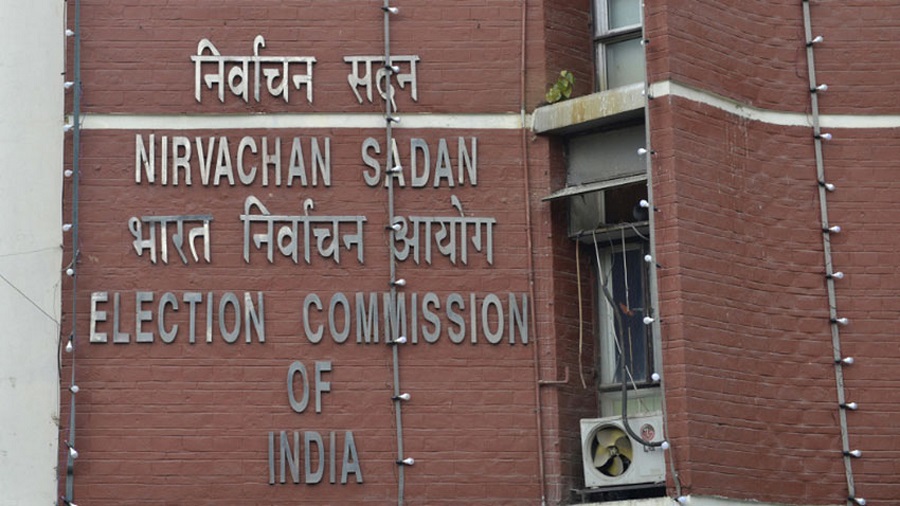Civil liberties organisation Association for Democratic Rights (ADR) on Monday moved the Supreme Court seeking a collegium system of appointing the Chief Election Commissioner/election commissioners to ensure their independence, as it said the present appointment system controlled by the government was unconstitutional.
In a writ petition filed through advocate Prashant Bhushan, the ADR has challenged the constitutional validity of the practice of the Centre appointing the members to the Election Commission as being “…violative of Articles 14 (right to equality) and 324 (2) and basic features of the Constitution”.
Article 324(2) of the Constitution of India states: The Election Commission shall consist of the Chief Election Commissioner and such number of other Election Commissioners, if any, as the President may from time to time fix and the appointment of the Chief Election Commissioner and other Election Commissioners shall, subject to the provisions of any law made in that behalf by Parliament, be made by the President.”
“Presently, the appointment of Chief Election Commissioner and Election Commissioner is done solely by the executive. The impugned practice is incompatible with Article 324(2) and is manifestly arbitrary…” the ADR said.
Citing the reasons, it said: “Article 324(2) mandates Parliament to make a just, fair, and reasonable law. It is pertinent to mention that Dr B.R. Ambedkar introduced an amendment that the appointment of the Chief Election Commissioner and the Election Commissioner shall be made by the President ‘subject to any law made in that behalf by Parliament’ with the hope that in due course of time the Government will take an initiative to make fair, just and reasonable law for the appointment of the members of Election Commission so as to ensure its independence and integrity.”
The petition said that democracy is a facet of the basic structure of the Constitution and in order to ensure free and fair elections and to maintain healthy democracy in our country, the Election Commission should be insulated from political and/or executive interference.
The appointment of members of the Election Commission on the whims and fancies of the executive violates the very foundation on which it was created, thus, making the commission a branch of the executive, it said.
Further, the Election Commission is not only responsible for conducting free and fair elections but it also renders a quasi-judicial function between the various political parties, including the ruling government and other parties, it added.
In such circumstances the executive cannot be the sole participant in the appointment of members of the Election Commission as it gives unfettered discretion to the ruling party to choose someone whose loyalty to it is ensured and thereby renders the selection process vulnerable to manipulation. Thus, the aforesaid practice violates Article 14 of the Constitution of India and is incompatible with free and fair elections, the petition said.
Hence, the petitioner sought a direction for constituting a neutral and independent collegium/selection committee to recommend the names for appointment on the vacant post of the members of the Election Commission on the lines of the recommendations of the Law Commission in its 255th report of March 2015; Second Administrative Reform Commission in its fourth report of January 2007; Dr Dinesh Goswami Committee in its report of May 1990; and Justice Tarkunde Committee in its report of 1975.
“Pertinently, all the Committees and Commissions have recommended in similar lines for independent/neutral committees in order to strengthen the autonomy of Election Commission and to ensure their impartiality. However, the recommendations of the Committees and Commissions have not been implemented yet.
“The inaction of the Respondent (Union government) in not making appropriate law for ensuring just, fair and reasonable selection process for the appointment of members of Election Commission since 1950 is unwarranted and thus, to ensure proper implementation of the rule of law, it is in the interest of justice to issue necessary directions/guidelines to fill the vacuum occurred on account of the aforesaid inaction till such time the legislature steps in to cover the gap or the executive discharges its role,” the ADR said.










